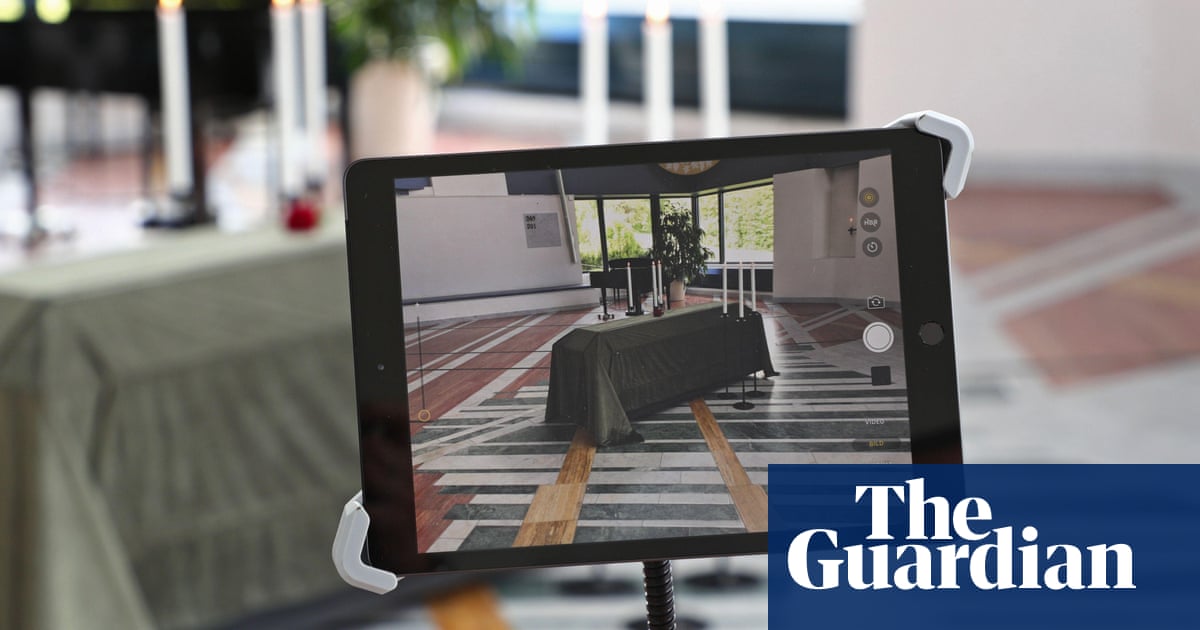A Facebook post shares alink to the live streamof a funeral service, or to a fundraising page set up by the family of the deceased.
Clicking on that takes you to a separate page where it asks for your card details, and explains there is a £10 fee to watch the virtual funeral, or requests a donation.
You make the payment but nothing happens.
That’s because it’s a scam, with the Chartered Trading Standards Institute (CTSI) recently sounding the alarm over a disturbing type of fraud that sees victims share personal information, or tricked into transferring money.
Katherine Hart, the CTSI’s lead officer for doorstep crime, says: “It’s hard to imagine a more callous form of fraud.”
She adds: “What’s particularly upsetting is that victims often feel they can’t report what’s happened for fear of adding further stress to grieving families. That silence is exactly what these criminals are counting on.”
Virtual funerals became common during the Covid pandemic and continue to be popular, as they allow friends and relatives who can’t attend in person to pay their respects.
But they have become a target for online scammers who often home in on deaths that have been in the media, or those of young people, as they know there will be a lot of public interest.
The National Association of Funeral Directors (NAFD) says the scam has been circulating for two years and is happening across the UK and Ireland.
As many victims do not report what has happened, it is hard to gauge the number of cases, but the trade body says that anecdotally they continue to rise.
Fraudsters are scanning publicly available funeral notices and creating fake Facebook profiles, posing as family members or friends of the deceased, according to the CTSI.
The criminals then contact mourners with bogus links to funeral live streams that demand payment, or set up fake donation pages, often on trusted fundraising platforms.
Sometimes they send friend requests to people connected to the original site which, if they accept, can give them access to their photographs and details.
After clicking on the live stream link, mourners are prompted to pay. The fake link then causes heartbreak as the individual may be missing a genuine live stream, but is also upset by the fact that they have given their card details to a scammer.
Don’t hand over any money.
Andrew Judd, NAFD chief executive, says that, as a rule, funeral directors do not charge for livestreaming. The public should be “extremely wary of any external links supposedly promoting one and asking for money”, he says.
“Similarly, for pages seemingly fundraising, or asking for donations, instead of clicking, always check with the family or the funeral director to see whether it is legitimate.”
“If a funeral is being livestreamed, a funeral director will be able to provide the genuine link and is always happy to be asked if anyone has concerns.”
Embarrassed victims often don’t tell anyone, but Hart says that “silence is exactly what these criminals are counting on,” adding: “We need people to stay vigilant, share warnings and report anything suspicious.”
The CTSI reiterates that you should never be charged to attend a funeral, whether in person or via live stream. You should only donate through official, verified channels, and should check with the named funeral director or celebrant if unsure, it adds.
On social media, be cautious of friend requests or messages from unfamiliar profiles, even if they appear to be mutual friends.
If you think you have given you card details to a fraudster, contact your bank immediately.
While trying to raise awareness of the scam, the CTSI says it needs the public to “speak out, report concerns and protect others from becoming a victim”.
If you or someone you know has been affected, and you live in England and Wales, you should contactAction Fraudvia its website or by calling 0300 123 2040. Otherwise, call Advice Direct Scotland on 0808 164 6000 or Consumerline in Northern Ireland on 0300 123 6262.
